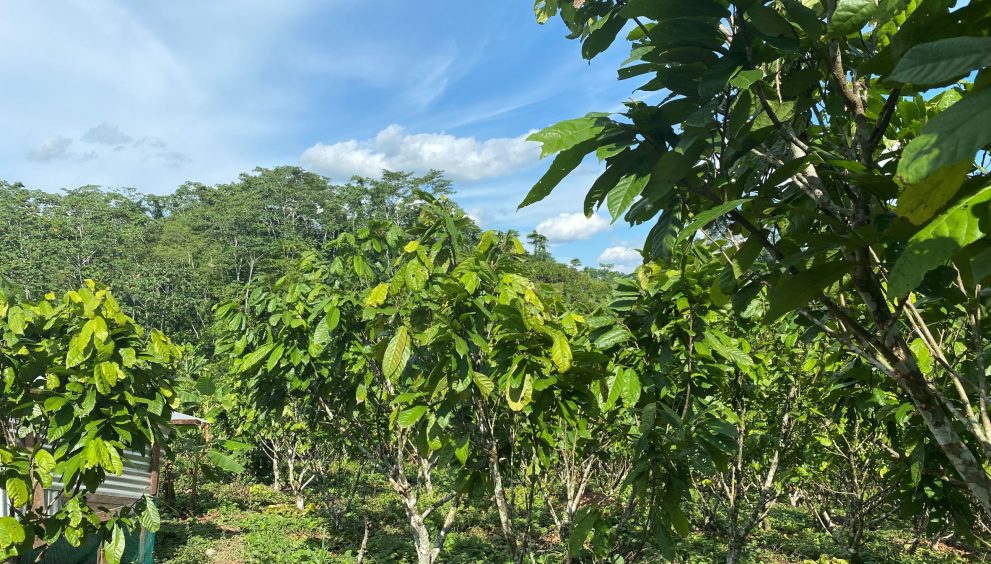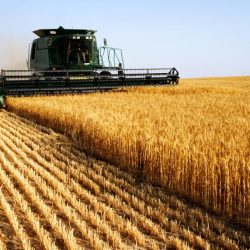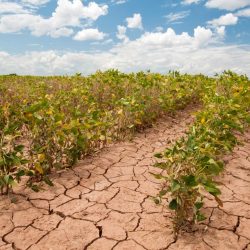Abidjan/Johannesburg— The scent of raw cocoa hangs heavy in the air of Côte d’Ivoire, a nation that, alongside neighbouring Ghana, supplies nearly half the world’s chocolate craving. Yet, a recent visit to Abidjan’s supermarkets by a Devex reporter fresh from the African Development Bank (AfDB) annual meetings revealed a telling paradox: remarkably little of that cocoa is processed locally. The bulk of the lucrative refining and manufacturing—and the lion’s share of the profits—occurs far from African shores.
This stark reality underscores a potent, recurring theme from last week’s AfDB gathering: a growing conviction that Africa must, more than ever, mobilise its resources and forge its solutions. The gathering’s official slogan, “Making Africa’s Capital Work Better for Africa’s Development,” was less a lofty aspiration and more a rallying cry.
Ghanaian President John Mahama didn’t mince words when confronted with the continent’s processing deficit. “We can increase processing overnight, but you have non-tariff barriers in exporting into some of the markets,” he observed. “Unless they bring a processor from outside, from Europe, who comes and sets up a processing plant? That’s why sometimes you notice that the world economic order is rigged against Africa.”
With a population of 1.5 billion spread across 54 countries, Africa is far from isolated. The challenge, and indeed the immense opportunity, lies in deepening intra-continental cooperation, dismantling internal trade barriers, and fostering collective action. The African Continental Free Trade Area (AfCFTA) is emerging as a beacon of this ambition, slowly gaining traction as a vital tool for strengthening food security across the continent.
A significant focus of the AfDB meetings was also on nurturing young agripreneurs, yet formidable barriers remain. Beth Dunford, AfDB’s Vice President for Agriculture, Human and Social Development, highlighted a sobering statistic: only 5% of youth-led enterprises currently have access to formal credit. To counter this, the bank is aggressively scaling up youth-focused financing, having already funded 120 agri-startups. Through its ENABLE Youth program, the AfDB aims to establish 300,000 agribusinesses, empowering young people with essential skills and vital funding. So far, the programme has supported close to 100,000 youth, generating 237,000 jobs across 18 countries.
Dunford outlined the broader strategy: prioritising innovative finance, skills development, market linkages (including public-private partnerships), and climate-smart agriculture. The goal? To forge a more self-sufficient, resilient food system, powered by the continent’s burgeoning talent pool.
The drive for self-sufficiency is not confined to the halls of power. It’s a sentiment being powerfully harnessed by African advocates of agroecology—agricultural models that champion harmony with nature over industrial practices. With shifts in global development assistance and the “dismantling of USAID” in some areas, these activists see a historic opening to redefine the future of African agriculture.
Million Belay, General Coordinator of the Alliance for Food Sovereignty in Africa, articulated this pivotal moment as an opportunity for the continent to “take charge of its food policies and free land ownership from external influence.” This vision champions food systems rooted in sustainability, local control, and the public interest. Activists are pushing for policy reforms that bolster local institutions, prioritise nutrition-sensitive strategies, and promote meaningful public-private partnerships—systems designed to truly work for Africans.
A key battleground in this push for local control is reducing reliance on imported farming inputs and expanding the use of farmer-managed seeds. For years, African governments have often favoured the influx of industrial fertilisers, chemicals, and corporate seeds, frequently at the expense of indigenous crops and local innovations. Compounding this, seed laws in many cases have inadvertently criminalised locally developed systems, favouring imports from multinational giants like Bayer and Syngenta.
This fervent push for local control extends beyond the farm gate. Activists argue that true self-sufficiency hinges on stronger intra-African trade, a goal that the AfCFTA could significantly unlock. As Chris Macoloo of World Neighbours starkly put it, “Aid is like somebody putting a big stone around your neck and throwing you into the ocean. We shall never come out of the debt cycle if we continue relying on external financing of our resources.”
Meanwhile, as traditional aid budgets tighten, the International Fund for Agricultural Development (IFAD) is recalibrating its strategy. IFAD President Alvaro Lario believes his agency was spared recent aid cuts by donors like Germany because it addresses a top European priority: reducing migration by tackling its root causes. The pitch is compelling yet risky: invest in smallholder farmers before they are forced by drought and poverty to undertake perilous journeys to richer nations. Lario is now pivoting towards new partners, including institutions like AIIB, OPEC Fund, and the Saudi Fund, as Western donors pull back.
The implications of aid cuts are already being felt elsewhere. The U.S. Department of Agriculture has reportedly cancelled dozens of agreements under key aid programs, affecting millions of children who rely on school meals. Implementers, like Catholic Relief Services, are warning of “life-altering” consequences.
As the globe’s attention turns to the Third United Nations Ocean Conference (UNOC3) in Nice, France, from June 9, the health of the world’s oceans presents another monumental challenge. With over 8 million tons of plastic entering the ocean annually, over a third of global fish stocks overfished, and climate change accelerating acidification, the urgency is palpable. France is pushing for tangible progress: ratifying the high seas treaty, scaling up innovative financing, and expanding investment in ocean science. As France’s Ambassador to the U.N., Jérôme Bonnafont, articulated, “The ocean has carried humanity for millennia. Now it’s our turn to carry the ocean.”
In a world grappling with multifaceted crises, Africa’s quest for self-reliance and its growing voice in shaping its destiny are becoming defining narratives of the 21st century.




